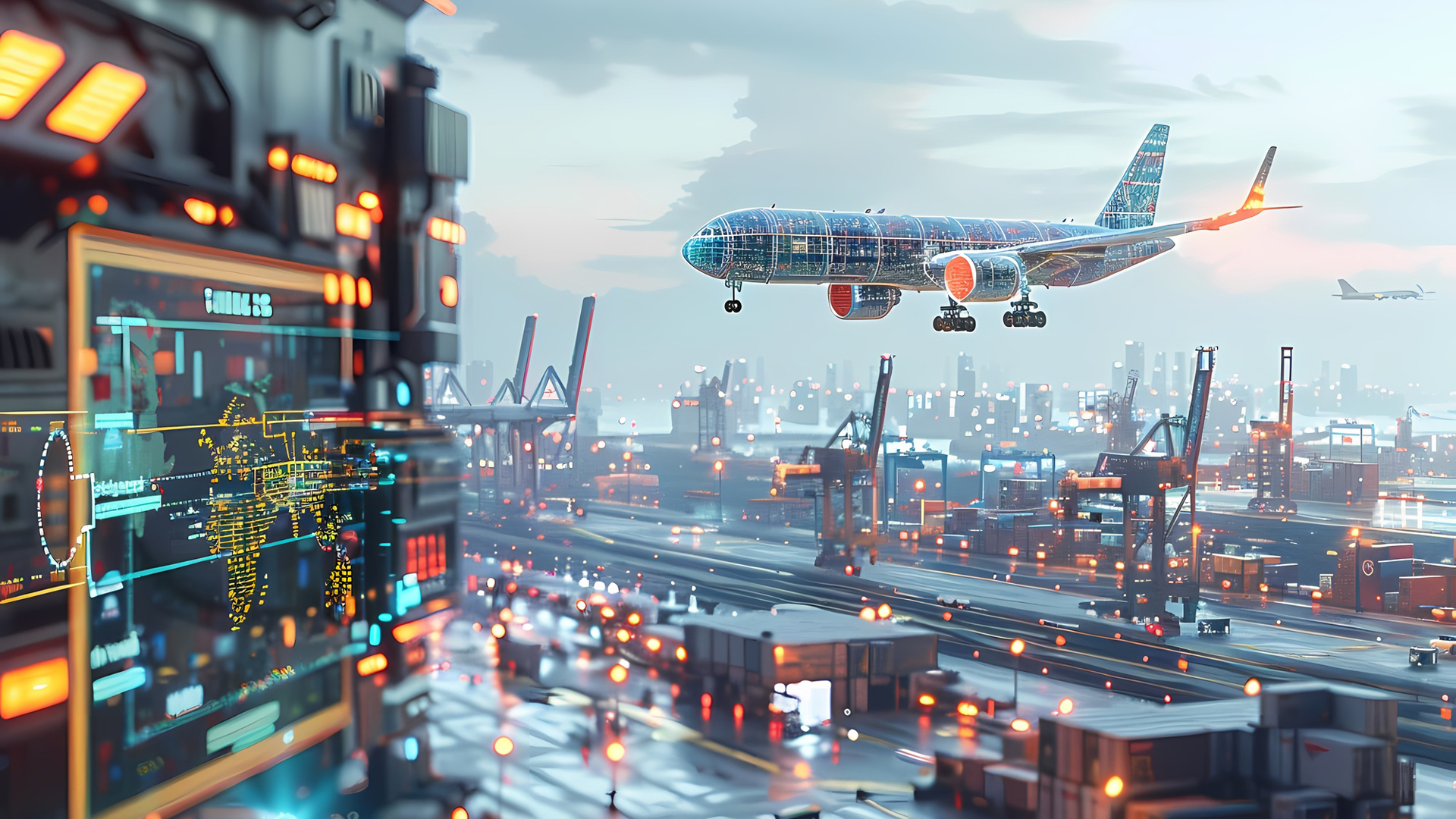The global shipping industry stands as the backbone of international trade, orchestrating the movement of goods across the world’s oceans with remarkable precision and scale. With a massive fleet of over 51,684 commercial vessels, this industry facilitates the transportation of approximately 11 billion tons of cargo annually, making it an indispensable component of the global economy.
Asian Dominance and Industry Leadership
East Asian nations, particularly China, South Korea, and Japan, have emerged as the dominant forces in global shipping. These countries have established themselves as leaders through significant investments in port infrastructure, shipbuilding capabilities, and technological innovations. Their influence extends beyond mere vessel ownership to setting industry standards and driving technological advancement.
Sustainable Transformation
The shipping industry is currently undergoing a remarkable transformation, with sustainability at its core. This shift is evident in several key areas:
Alternative Fuels
Companies are actively exploring and implementing cleaner fuel alternatives to traditional bunker fuel. These include liquefied natural gas (LNG), hydrogen, and biofuels, all aimed at reducing the industry’s carbon footprint.
Wind-Assisted Propulsion
In a fascinating blend of traditional and modern technology, wind-assisted propulsion systems are making a comeback. Modern ships are being equipped with sophisticated sail systems that complement conventional engines, reducing fuel consumption and emissions.
Digital Revolution
Digitalization is reshaping operations across the industry. From automated port operations to AI-powered route optimization and real-time cargo tracking, technology is enhancing efficiency and reducing operational costs.
Dark Blue Shipping is one of the leading logistics and air freight companies in Middle East.
Current Challenges
Despite its crucial role, the shipping industry faces several significant challenges:
Environmental Concerns
Container losses at sea remain a pressing environmental issue. These incidents not only result in economic losses but also contribute to marine pollution, affecting ocean ecosystems and coastal communities.
Port Congestion
The increasing volume of global trade has led to significant port congestion issues, particularly in major shipping hubs. This bottleneck affects supply chain efficiency and increases operational costs.
The Future of Maritime Transport
The industry is steering toward an exciting future characterized by two major developments:
Autonomous Vessels
The development of autonomous shipping technology promises to revolutionize maritime transport. These vessels will potentially reduce human error, enhance safety, and optimize operational efficiency.
Green Transition
The industry’s commitment to sustainability is driving a comprehensive green transition. This includes:
- Implementation of zero-emission technologies
- Development of eco-friendly port infrastructure
- Integration of renewable energy sources in maritime operations
- Enhanced waste management systems
Conclusion
The global shipping industry continues to evolve, balancing the demands of international trade with environmental responsibility. As technology advances and sustainability initiatives gain momentum, the industry is well-positioned to meet future challenges while maintaining its crucial role in global commerce. The successful integration of autonomous systems and green technologies will likely define the next chapter in maritime transportation, ensuring its vital contribution to the world economy remains both efficient and sustainable.
Experience global excellence with Dark Blue Shipping. From Dubai to Europe, our logistics prowess knows no bounds. Transform your shipping today – contact us now for unparalleled service!


